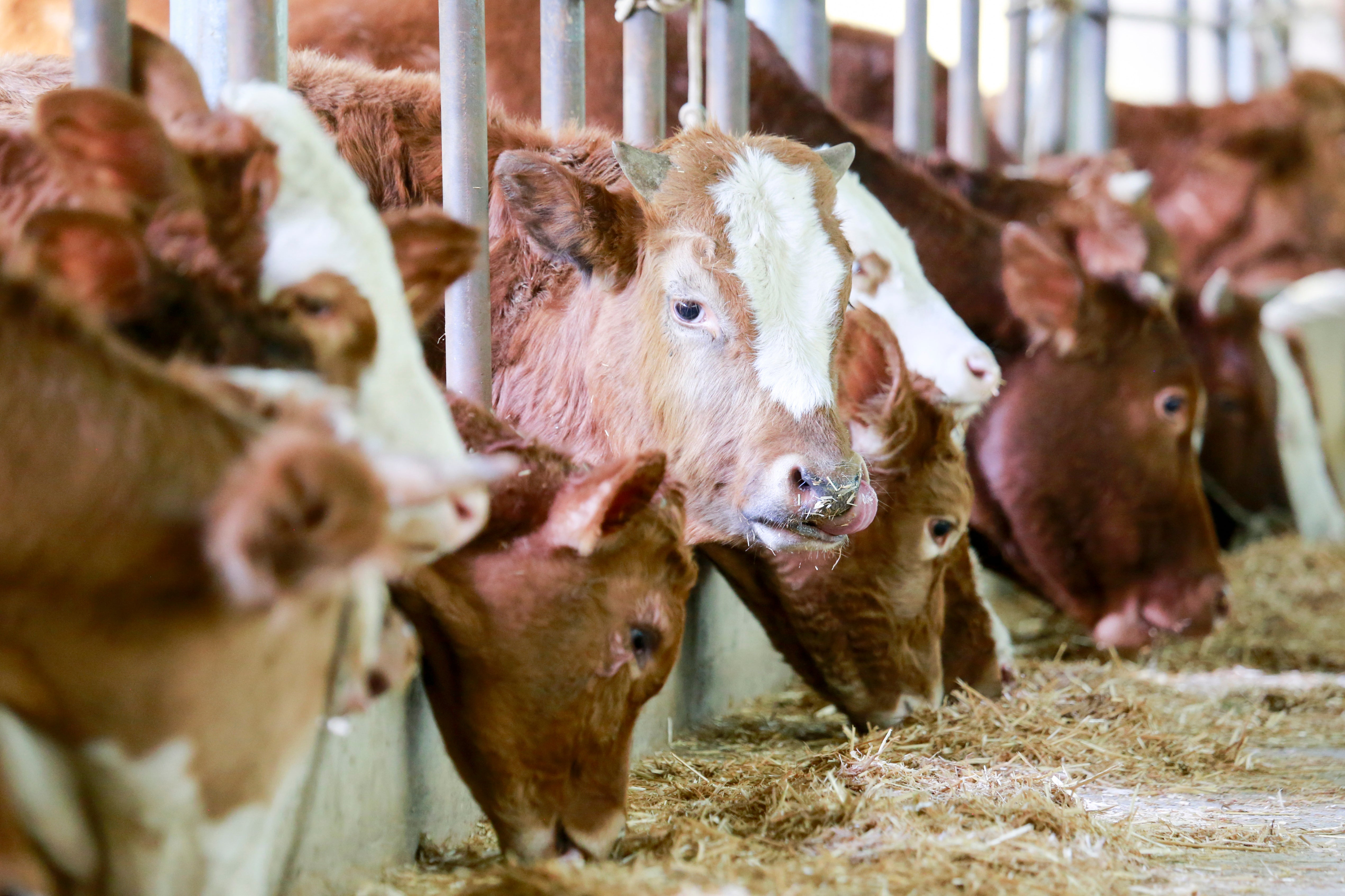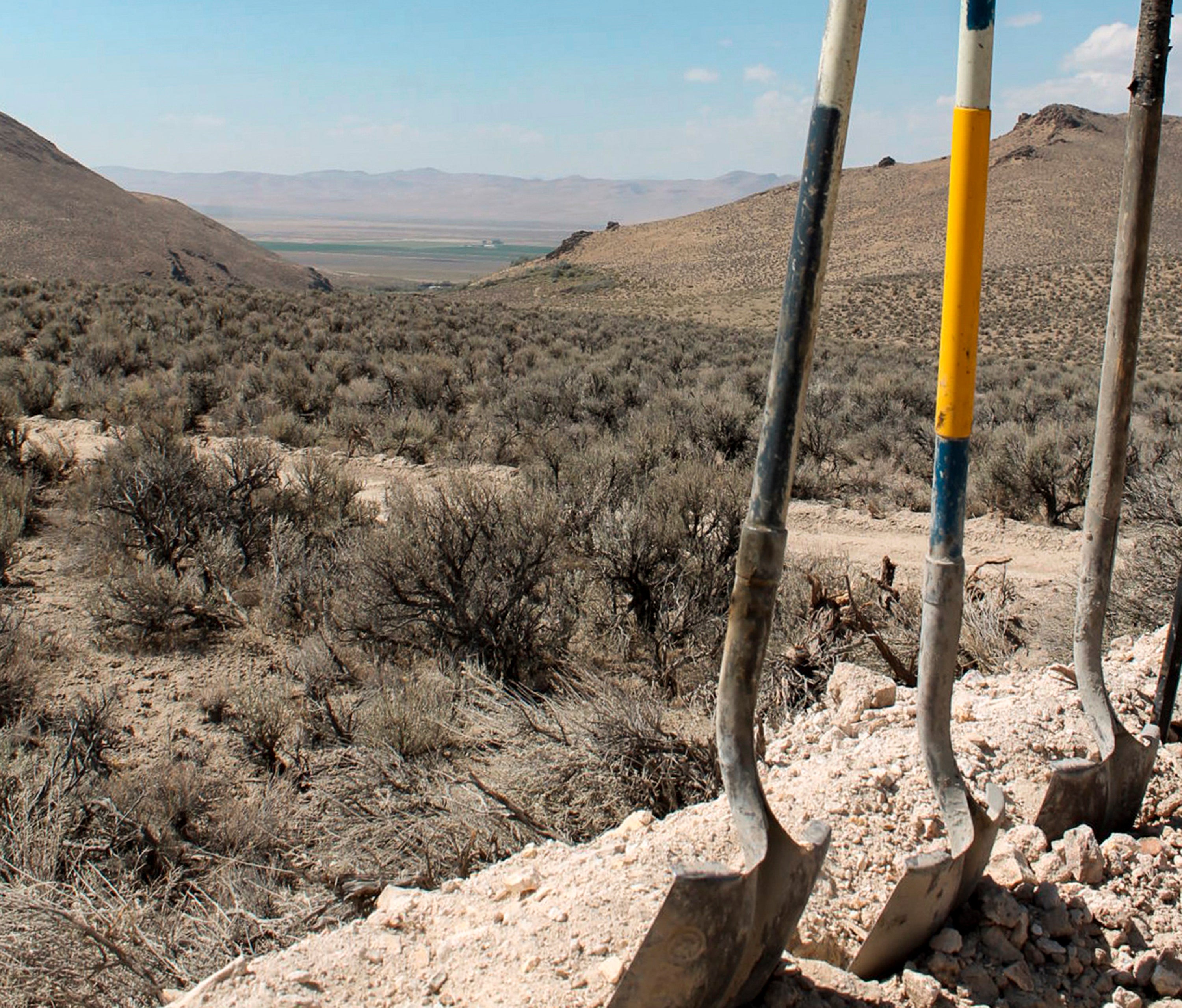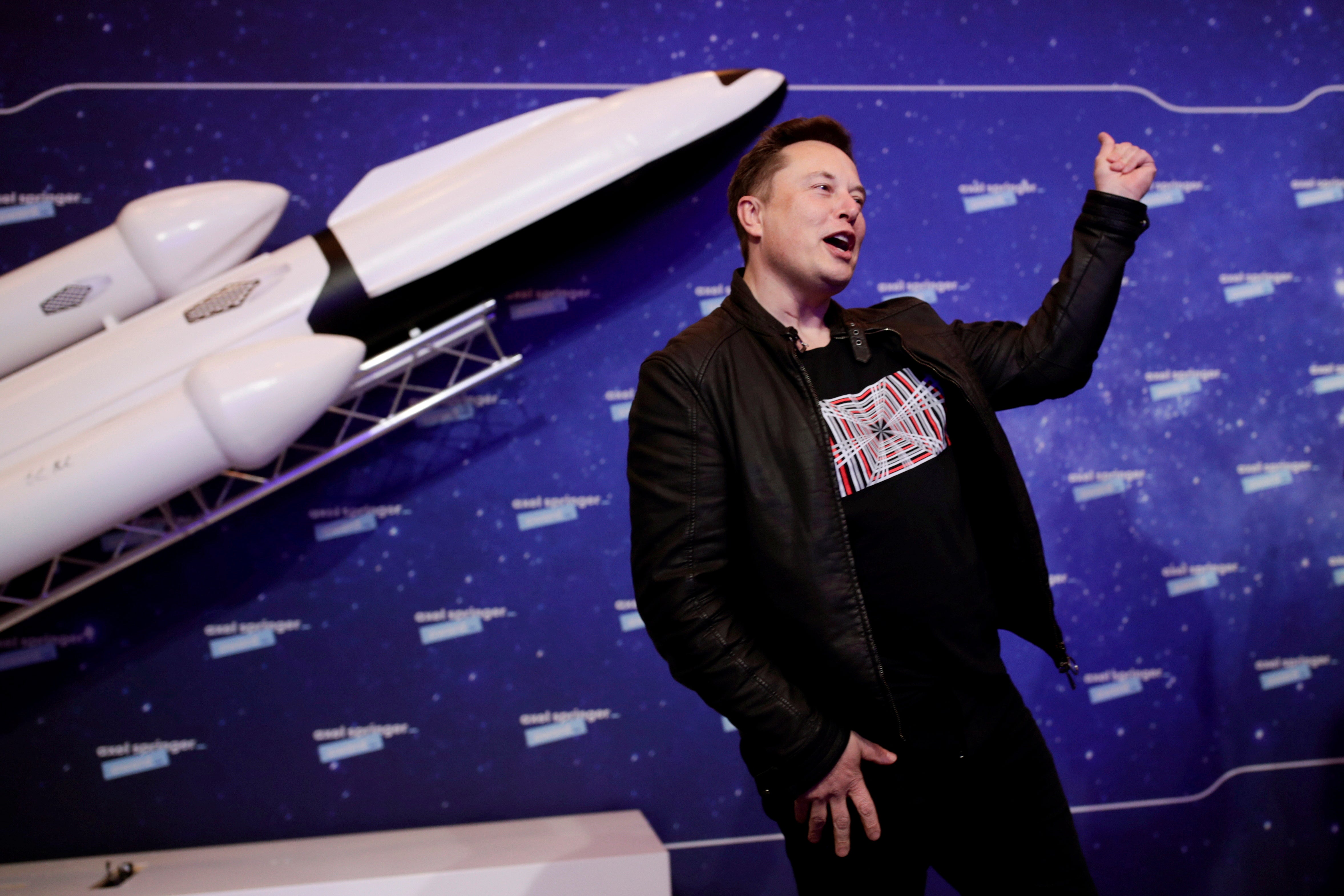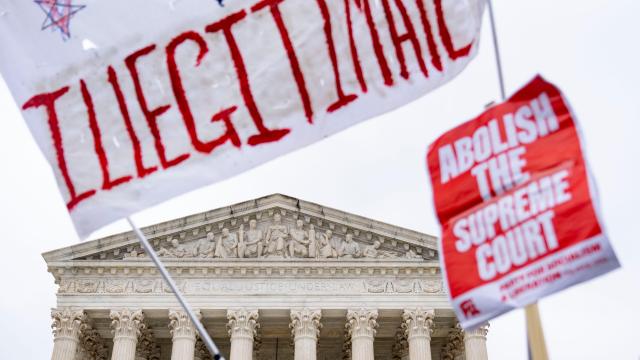This past year was one of dire climate warnings, from bombshell IPCC reports to a summer of floods and fires to disturbing droughts across the world. And yet, entrenched interests were still working against climate action as hard as ever in 2022.
The usual climate suspects were up to their decades-old tricks. (We’re looking at you, Big Oil, and you, GOP politicians.) But some notable — and unusual — parties joined in on the fun (Taylor Swift, alas). Let’s take a look at a few of the year’s biggest environmental and climate ne’er-do-wells who are getting in the way of meaningful progress.
Big Meat

The meat industry has been pushing propaganda about its products for decades; the power of its lobbying is nothing new. But last year was the first that the IPCC recommended that countries focus in the short term on reducing methane emissions, and countries began making concrete pledges to get methane down in the next decade. The beef industry, meanwhile, is a major source of methane: cattle farming is responsible for around 9% of global greenhouse gas emissions. Any concrete plans to reduce global methane pose a threat to beef producers, and the industry appears to be intensifying its PR response, positioning academics to defend beef production to policymakers and the public and launching various bad-faith scientific arguments to try to convince us that meat is Not A Problem. If I had to guess, this climate ghoul is just getting started on a whirlwind bad-faith PR tour.
Transphobes Protesting a Lithium Mine

The energy transition is going to be complex, and as demand for materials like lithium, cobalt, and nickel go up, it’s imperative that the world find ways to source these minerals — many of which are on land belonging to Indigenous people, environmentally sensitive land, and/or are mined in ways that involve questionable human rights practices. The proposed Thacker Pass mine in Nevada seems like ground zero for these battles. The project would mine lithium from a region that is both ecologically sensitive and important to Native groups.
A grassroots environmental group called Deep Green Resistance garnered nationwide media attention while staging a protest to protect the land from mining. But in January, E&E News broke the story of how the group is virulently transphobic, documenting how transphobia is woven into the fabric of the group’s environmental philosophy — and yet has gone largely unnoticed by mainstream outlets and environmental groups that have partnered with them.
It should serve as a reminder to the environmental movement that the complex conversations around what needs to be done on climate cannot leave any openings for fascist philosophies like transphobia in an effort to get everyone under a bigger tent.
Elon Musk

We get it: you’re tired of hearing about this doofus. So are we!
Elon Musk coasted on good faith in the public eye thanks to his supposed clean energy bona fides through his work with Tesla. But as we wrote back in May, when the billionaire was vying to buy Twitter, Musk’s status as a climate hero is nothing more than smoke and mirrors, as he promotes a singularly capitalistic, profit-driven vision of climate progress, while his own company is repeatedly dinged for labour violations and not disclosing its own emissions.
Musk’s increasingly chaotic decisions with Twitter in recent months have only served to hammer home the point that he’s a right-wing reactionary with no care about how he’s disrupting a flawed but essential tool of public discourse and global activist engagement. What’s more, his actions could have real-world ramifications for climate and the environment. Multiple reports have found that, in weeks since Musk took the wheel at Twitter HQ and started welcoming back previously banned users, climate denial on the site has flourished. Plus, if Musk succeeds in significantly changing the way Twitter operates and how its user base functions — or if he runs the platform into the ground altogether — it could destroy one of the most climate-crucial aspects of the site: disaster response.
So, Elon, if you’re reading this: cut your losses, bud. If you really care about the climate, give up the Twitter thing and go back to playing with rockets or whatever. (Actually, don’t do that.)
Bret Stephens

Musk’s big competition this year for High Profile Right Wing Guy Making a Lot of Noise is New York Times columnist Bret Stephens. This year, Stephens tried a different strategy than Elon: a redemption arc. In October, the longtime climate contrarian came out with a splashy feature in the New York Times that described his trip to Greenland to visit the melting ice sheet there, stating that he came back with “newfound concerns about climate change.”
Unfortunately, as I wrote at the time, this is largely BS. Stephens’s essay is filled with bad-faith whataboutisms, claiming that industry, not policy fixes, should be enough to address the catastrophic ecological changes we’re wreaking on the planet, while ignoring the monied forces in the U.S. that have kept climate action from being in the policy realm at all. Conveniently, many of Stephen’s arguments also dovetail nicely with the messages the fossil fuel industry is trying to send us now.
One op-ed in the New York Times may seem like a small offence to land on this list, but it’s only a guarantee of what comes next. It seems likely that Stephens will keep holding water for corporate anti-climate interests for years to come–albeit with a new green sheen that he’ll be able to flaunt thanks to his little vacation to Greenland.
Celebrities in General

It was a great year to get the dirt on just how much more the rich and famous are responsible for polluting the planet than the rest of us. Tools like Twitter’s Celebrity Flight Tracker collated publicly available flight information for private jets and calculated the emissions associated with these flights. Meanwhile, the West’s punishing drought meant that more and more water restrictions are being imposed on citizens — and people are increasingly curious as to who is breaking those rules. Some big culprits included Taylor Swift (whose private jet use in the first half of 2022 was more than 165 times what the average American household emits each year) and the Kardashians (who, in addition to having outrageous flight emissions, used more than 25 times more water each day than the average household and far exceeded their water budget amid restrictions).
The silver lining is that calling people out for shit like this is starting to become the norm. It’s encouraging to see that, in 2022, if a celeb tried to greenwash their image they could be taken to the mat. And they should be careful of who they work for, too. Even previously beloved environmental celebrities like Bill Nye got called out this year for shilling for Coca Cola, the world’s largest plastic polluter. That’s praxis, Hollywood-style.
Oil Companies’ PR

Yes, yes, this is an eternal entry; oil companies were arguably no less or more harmful to the environment in 2022 than they have been in the past. But in a year of particularly startling energy developments, from the crisis in Ukraine to soaring gas prices to the historic passage of the U.S.’s first climate bill, Big Oil worked as hard as ever to get its messaging across — with some particularly creative tricks. A strategy that oil companies seemed to favour this year was bypassing potentially critical reporters altogether and simply creating their own forms of media. Chevron was a particular offender here: from advertising for reporters for its own “newsroom” to an ill-advised campaign with Houston Public Media and the Semafor newsletter to creating its own news outlet in the Permian Basin. Expect to see these strategies only ramp up in 2023.
The Supreme Court

On the one hand, the Supreme Court’s ruling in West Virginia vs. EPA in June was not as disastrous as it could have been. On the other hand, it was still a very bad ruling: the Court’s decision effectively limited the EPA’s ability to regulate emissions from coal-fired power plants and foreshadows how this Court might act to limit other environmental regulations in the future.
This year’s other rulings, including the elimination of national abortion rights, showed that the decades-long conservative project, funded by polluting interests, to install allies on the court to systemically dismantle personal rights and environmental protections has been a devastating success. While the big climate case didn’t turn out quite as bad as it could have been, it’s still not a great sign for the future of climate action — or anyone’s rights, really — in the hands of a conservative supermajority.
